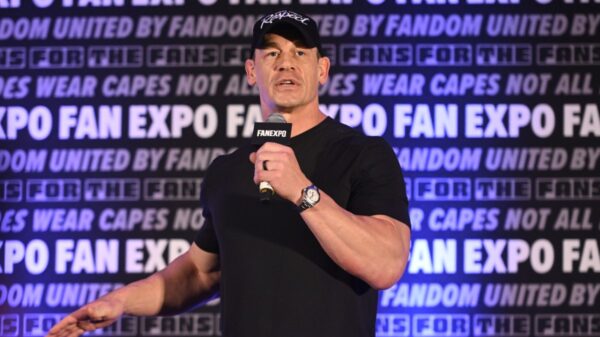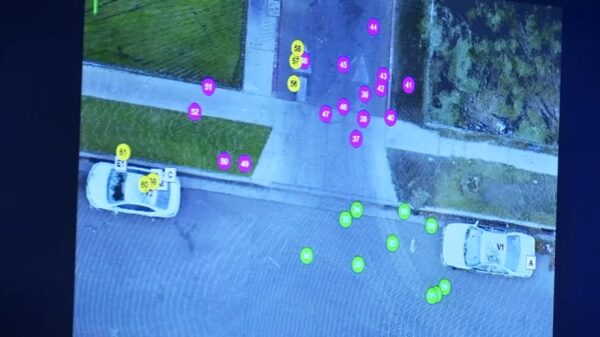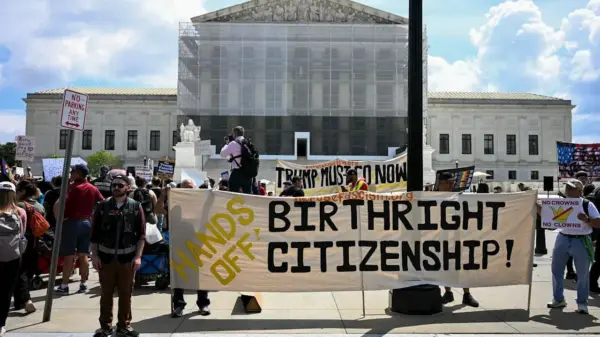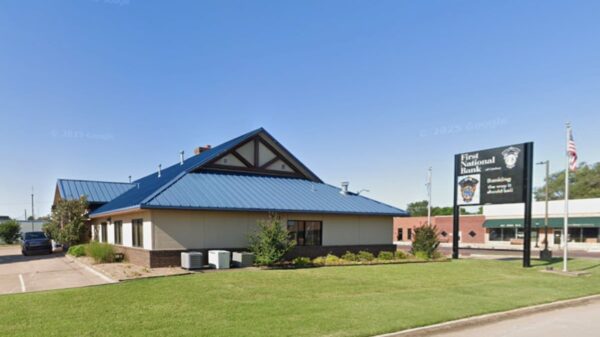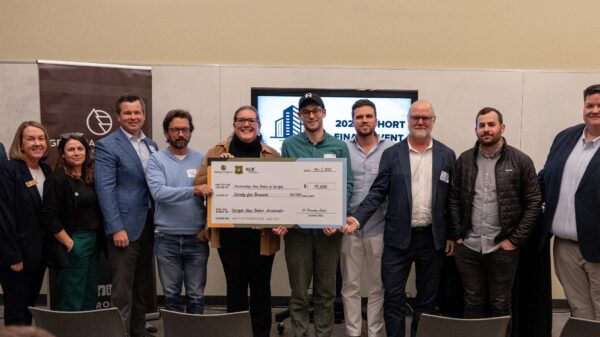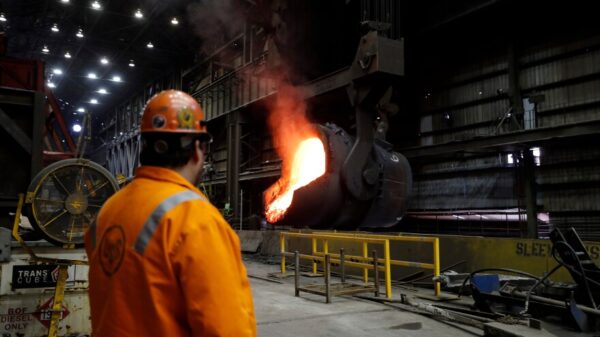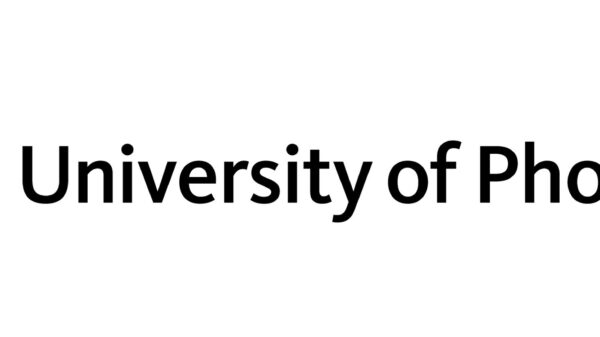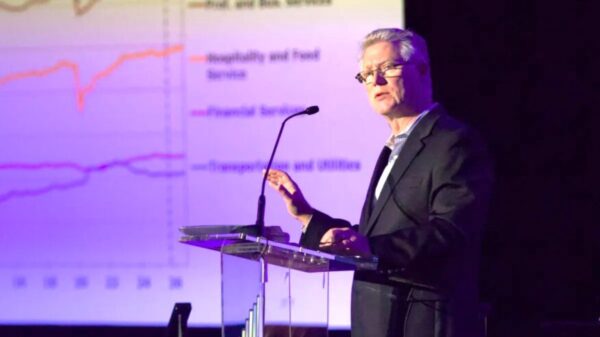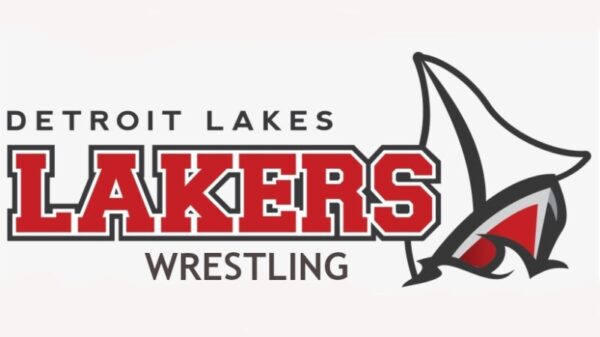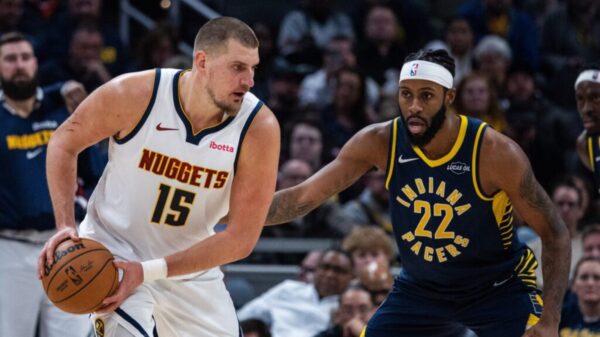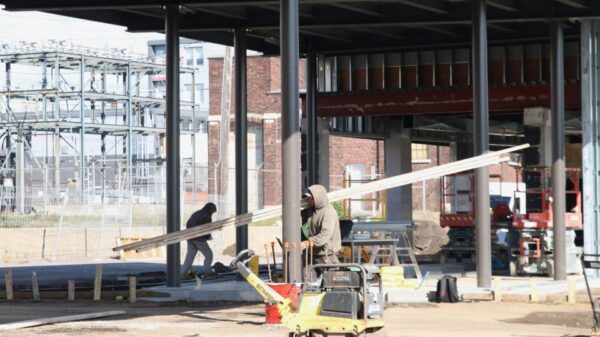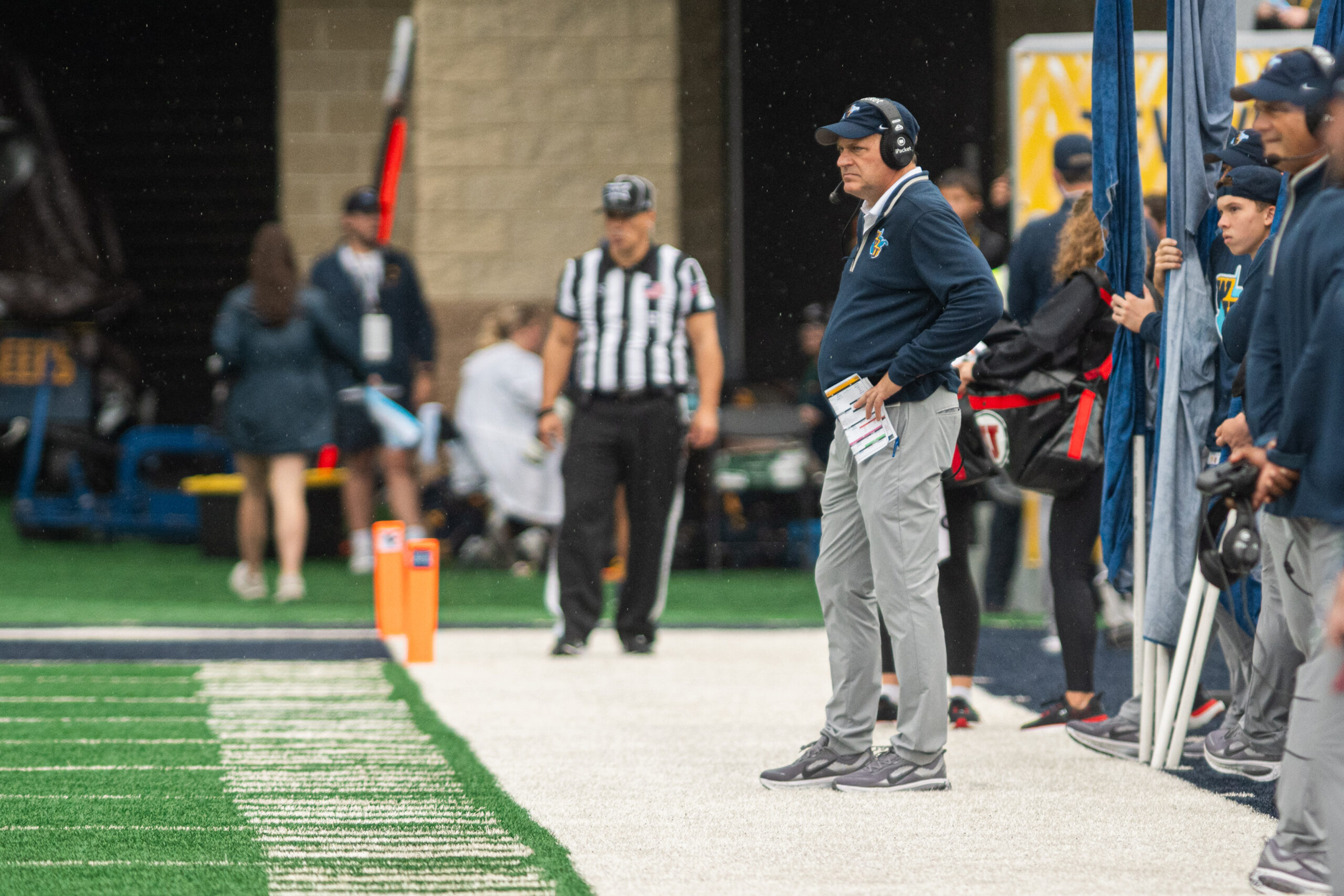As the West Virginia University (WVU) football team navigates a challenging season, questions arise about whether Rich Rodriguez has done enough to regain the support of the fan base. Nearly ten months have passed since Rodriguez was introduced as head coach at a lively event in the Hope Coliseum, where he made a commitment to earn the trust of the community. Despite the festive atmosphere, the Mountaineers currently sit at the bottom of the Big 12 standings with a dismal record of 2-4 and have been outscored 127-48 in conference play.
Rodriguez’s return to the program has not been without controversy. His promise to earn the trust of WVU supporters seems increasingly difficult to fulfill, especially as public sentiment appears divided. Some fans express anger and disappointment, while others show signs of resignation, anticipating a rebuild that may take longer than hoped. The burgeoning excitement surrounding Rodriguez’s return has quickly given way to frustration, raising concerns about his leadership and public relations strategy.
Challenges in Regaining Support
Despite the challenges on the field, the greater issue may lie off the field. Rodriguez’s approach to communication with fans and stakeholders has not resonated strongly. His interactions appear limited, and while he has been active in recruiting and coaching, his public relations strategy has been criticized as inadequate. There have been no regular radio shows or press conferences during bye weeks, which may have provided an opportunity for Rodriguez to share his vision and connect with the community.
Fans have noted the absence of outreach initiatives that could bridge the gap between Rodriguez and the WVU community. The decision to forego public engagements during crucial moments has raised eyebrows. A missed opportunity to participate in local events, such as the Buckwheat Festival, has led to questions about his commitment to engaging with the fan base beyond the football field.
The sentiment surrounding Rodriguez’s tenure is complex. Many fans are still grappling with the emotional fallout from his departure from the program in 2007. The decision to bring him back was met with mixed reactions, and the expectation that he could swiftly unite a divided fan base was perhaps overly optimistic. The challenges facing him require more than just wins; they necessitate a concerted effort to rebuild relationships and trust.
Future Directions for Rodriguez
To earn the support he promised, Rodriguez must step outside the conventional boundaries of a college football coach. Engaging directly with fans, showing up at local events, and maintaining open lines of communication are essential steps toward mending fractured relationships. The traditional methods of coaching and recruiting may not suffice in a landscape where community engagement is critical.
As the season progresses, Rodriguez has the opportunity to turn the tide. This will require a proactive approach to fan interaction, ensuring that supporters feel heard and valued. The upcoming games will undoubtedly matter, but the groundwork for rebuilding trust is just as critical for the long-term success of the program.
Ultimately, Rodriguez’s ability to connect with the WVU community could define his legacy. If he relies solely on improved performance on the field to win back supporters, he might face an uphill battle. Engaging with fans in meaningful ways could be the key to transforming current frustrations into renewed hope and support.


